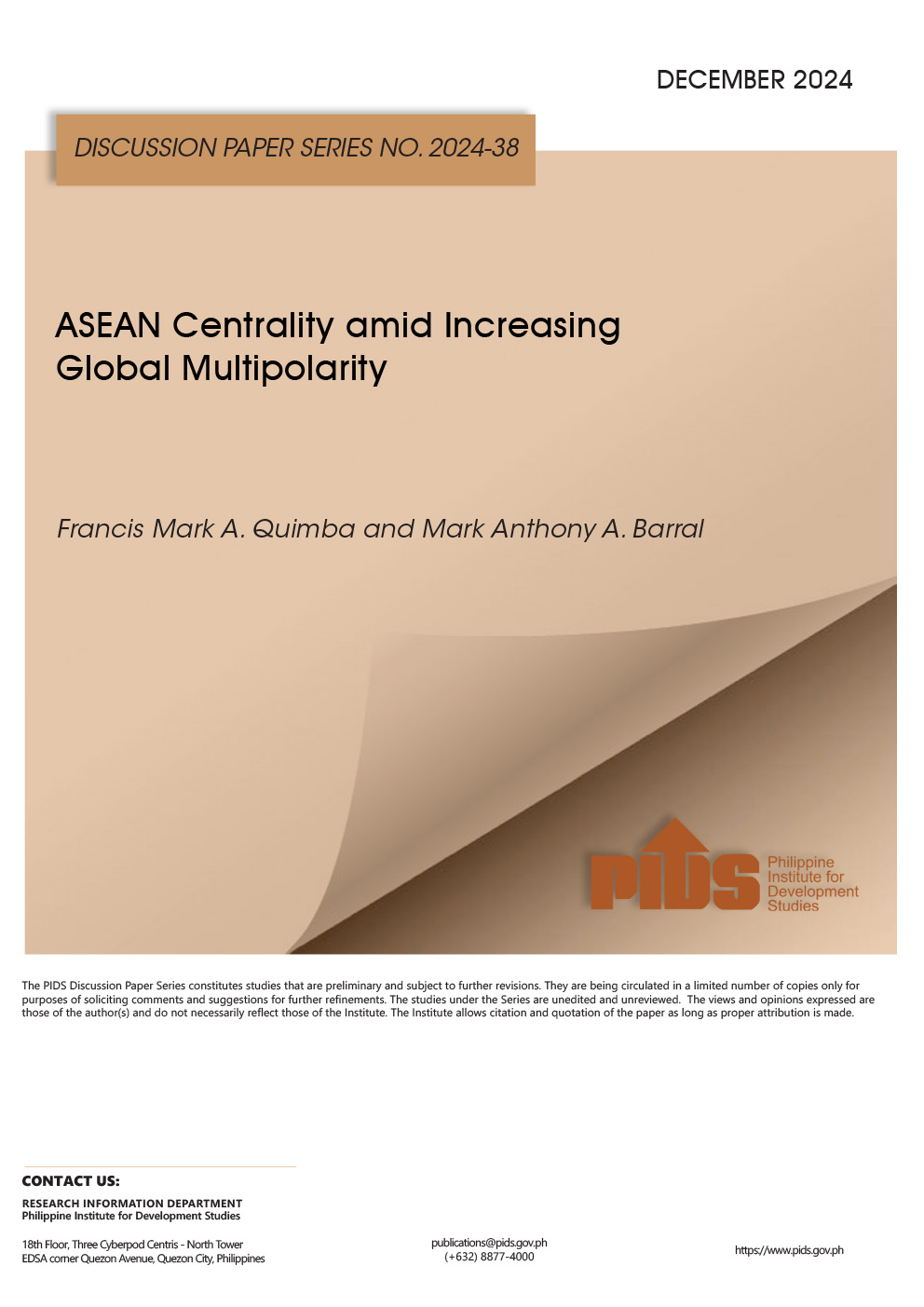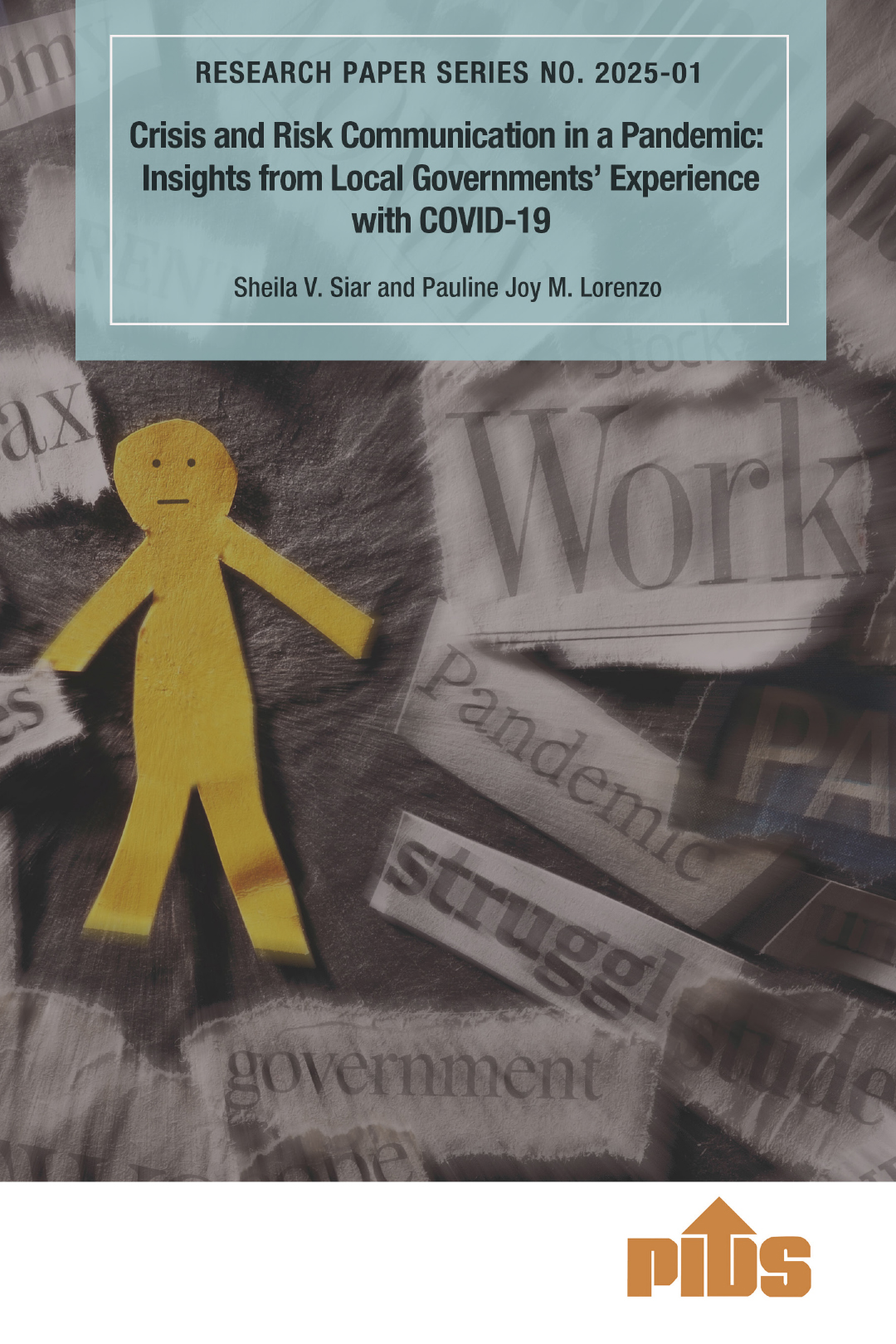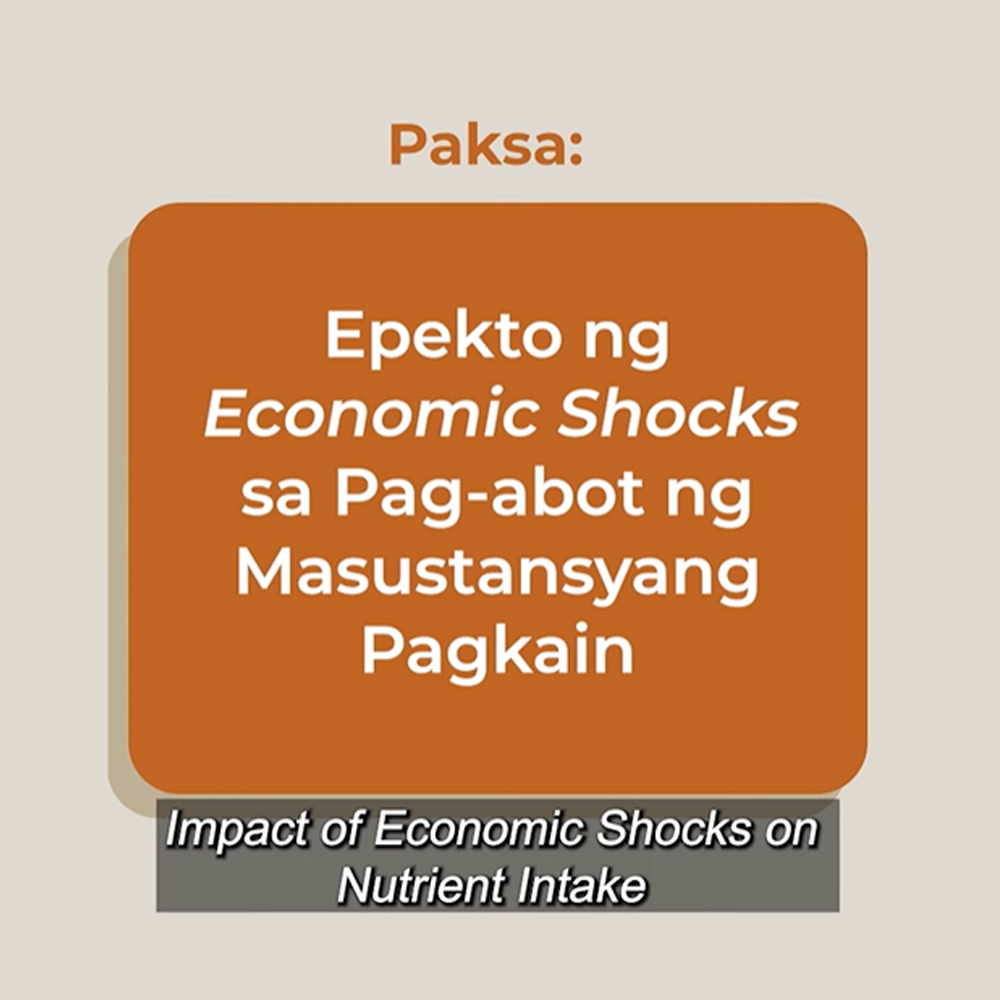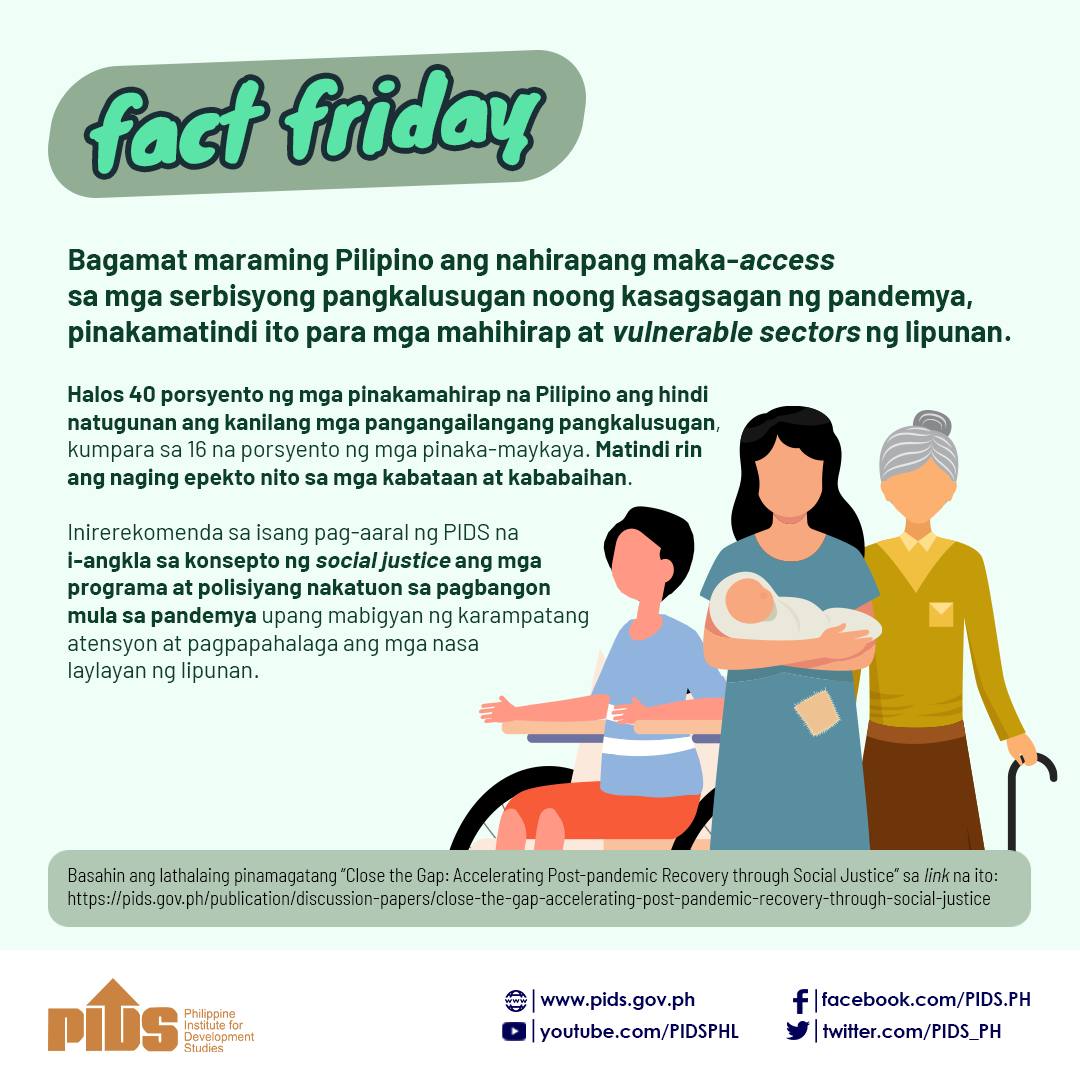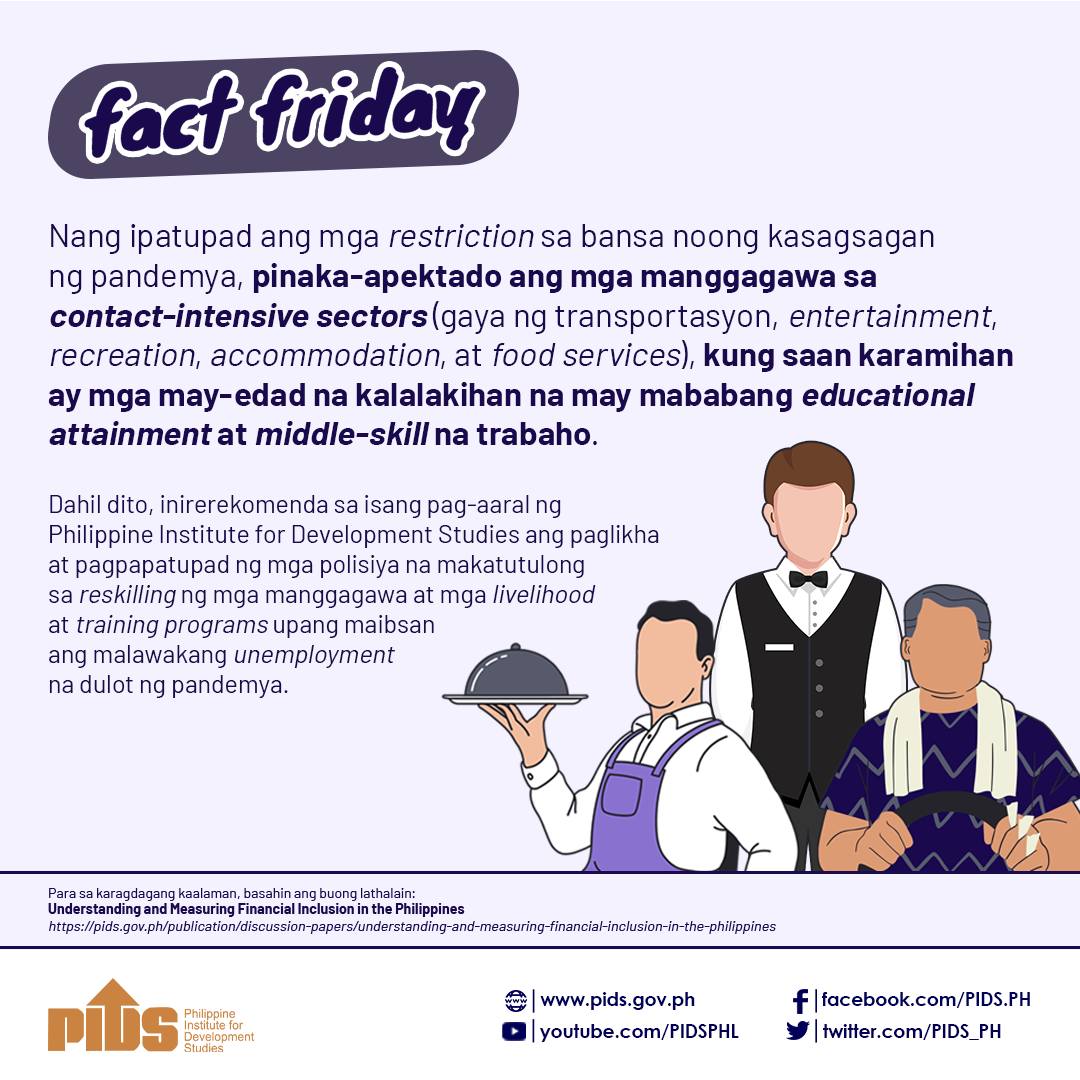MANILA — Several retired Supreme Court justices and constitutionalists on Wednesday cautioned the senators and the public against the possibility of political amendments being inserted in the 1987 Constitution should amending the charter be pursued.
Retired SC Associate Justice Vicente Mendoza told the Senate Committee on Constitutional Amendments and Revision of Codes that it was not urgent to amend the Constitution, especially while the country continues its fight against COVID-19.
Mendoza said that instead of picking on the economic provision of the charter, lawmakers should look for ways on alleviating the nation from the pandemic, and how to educate the voters in the upcoming national elections.
“Our urgent need is to concentrate our time, energy and resources to meet the greatest challenges of our time: that posed by the deadly menace of the COVID-19 pandemic and that of holding free, credible and honest national and local elections in just 15
months from now,” the retired magistrate said.
Convening Congress into a constituent assembly (con-ass) or creating a constitutional convention (con-con) also poses danger because one of the bodies can eventually result in what he called as a “runaway constituent assembly” or a “runaway con-con.”
Three resolutions are still pending at the Senate which are centered on relaxing the Constitution’s supposedly restrictive economic provisions.
“The possibility of a runaway (con-con) or (con-ass) for that matter is always there especially, at the time like where we are just 15 months away from the elections. The temptations to propose amendments like term extensions and the like, all gear towards the next elections is always there. And you cannot control the agenda of con-ass or con-con,” he explained.
Senator Richard Gordon, meanwhile, said that one solution to the proposed Cha-cha is to maintain transparency in every step of the way.
But Mendoza said that while “parameters” on the extent of economic provisions could be revised by the body, such rules could be “overridden” in the future.
AMENDING THE CHARTER ‘INSIDIOUS’
Lawyer Christian Monsod, among the framers of the 1987 Constitution, said he is opposed to the idea of amending the charter.
During the hearing, Monsod repeatedly hit Resolution of Both Houses No. 2 that pushed to amend the “democratic representation and the economic provisions of the Constitution” and described it as “insidious.”
“RBH 2 is also insidious because it is made to appear to be harmless and that’s being represented as only giving Congress to make actual changes at an appropriate time. But it sets a bad precedent in trivializing our Constitution,” Monsod explained.
Dr. Florangel Rosario Braid, another framer of the 1987 Constitution, echoed Mendoza and Monsod, saying that the most urgent issue that must be addressed now is the pandemic.
Braid added that revising the economic provision would not automatically result in the rushing in of foreign investors to the Philippines.
“Lifting the economic provisions will not affect the investment climate and generate the much needed investments and jobs to counteract the economic contraction caused by the pandemic, according to some economists. During a period of instability and because of the need to focus on the pandemic, it may not be the right time to open the economy,” Braid pointed out.
Fr. Ranhilio Aquino of the San Beda College of Law said that addressing the pandemic should be linked to the timing of amending the Constitution.
If lawmakers are really serious to amend the constitution, they can just refer to the output presented by the consultative committee that was created by the President years ago, said Aquino.
The committee reviewed the country’s fundamental law, he said.
“The proposals we made took us several months to study. We conducted hearings, deliberated, often acrimoniously. But Congress did not seem to have much interest in charter change (cha-cha) then. So, why now? If, as has been loudly professed, the purpose is to liberalize the economic provisions of the Constitution, was this supposed need not already felt long before 2021?” Aquino said.
“Without meaning any denigration or slur on the members of Congress the fact is that by its very nature, Congress is a partisan body. What we need when drafting a revision of the Constitution are persons with a solid grasp of constitutional theory coupled with
a more than cursory idea of what the country’s political system needs,” he added.
AMENDING ECONOMIC PROVISIONS
Retired Associate Justice Adolfo Azcuna, meanwhile, supported the move to amend the restrictive economic provision of the Constitution, which according to him, was initially given 5 years to remain untouched.
“That addressing the restrictive economic provision of the constitution should be a part of the solution to impact of the pandemic on our economy. If we try to sole the economic impact of the pandemic without addressing the economic restrictions of the constitution, it’s like fighting with one hand tied behind your back,” Azcuna said.
“I believe we intended the economic provision to last not more than five years.. we wanted the constitution to be untouched really for five years including the economic provisions to see if it works,” he added.
Azcuna, however, warned against touching the other provisions of the charter.
“Only the economic provision because the rest of the provisions of the constitution are meant to be the bedrock of principles that embody the ideals of our people. So we may amend the constitution, we have to be careful,” he said.
But while some lawmakers seem to be so hot in amending the Constitution, the Philippine Institute for Development Studies (PIDS) underscored a different point from the public and investors’ views.
“Included under the governance quality are the following factors: political stability; absence of violence; government effectiveness which captures perceptions of quality of the civil service and degree of its independence from political pressures and the credibility of govt commitment to such policies,” said Rosario Manasan, a senior research fellow at the PIDS.
She emphasized that this is not the right time to amend the Constitution.
The position was in contrast to the stand registered by Interior Undersecretary Jonathan Malaya who maintained that relaxing the charter’s restrictive economic provisions would finally attract foreign investors.
Chief State Counsel George Ortha II meantime insisted the Department of Justice’s stand that the Congress should vote separately in revising the Constitution.
Retired SC Associate Justice Vicente Mendoza told the Senate Committee on Constitutional Amendments and Revision of Codes that it was not urgent to amend the Constitution, especially while the country continues its fight against COVID-19.
Mendoza said that instead of picking on the economic provision of the charter, lawmakers should look for ways on alleviating the nation from the pandemic, and how to educate the voters in the upcoming national elections.
“Our urgent need is to concentrate our time, energy and resources to meet the greatest challenges of our time: that posed by the deadly menace of the COVID-19 pandemic and that of holding free, credible and honest national and local elections in just 15
months from now,” the retired magistrate said.
Convening Congress into a constituent assembly (con-ass) or creating a constitutional convention (con-con) also poses danger because one of the bodies can eventually result in what he called as a “runaway constituent assembly” or a “runaway con-con.”
Three resolutions are still pending at the Senate which are centered on relaxing the Constitution’s supposedly restrictive economic provisions.
“The possibility of a runaway (con-con) or (con-ass) for that matter is always there especially, at the time like where we are just 15 months away from the elections. The temptations to propose amendments like term extensions and the like, all gear towards the next elections is always there. And you cannot control the agenda of con-ass or con-con,” he explained.
Senator Richard Gordon, meanwhile, said that one solution to the proposed Cha-cha is to maintain transparency in every step of the way.
But Mendoza said that while “parameters” on the extent of economic provisions could be revised by the body, such rules could be “overridden” in the future.
AMENDING THE CHARTER ‘INSIDIOUS’
Lawyer Christian Monsod, among the framers of the 1987 Constitution, said he is opposed to the idea of amending the charter.
During the hearing, Monsod repeatedly hit Resolution of Both Houses No. 2 that pushed to amend the “democratic representation and the economic provisions of the Constitution” and described it as “insidious.”
“RBH 2 is also insidious because it is made to appear to be harmless and that’s being represented as only giving Congress to make actual changes at an appropriate time. But it sets a bad precedent in trivializing our Constitution,” Monsod explained.
Dr. Florangel Rosario Braid, another framer of the 1987 Constitution, echoed Mendoza and Monsod, saying that the most urgent issue that must be addressed now is the pandemic.
Braid added that revising the economic provision would not automatically result in the rushing in of foreign investors to the Philippines.
“Lifting the economic provisions will not affect the investment climate and generate the much needed investments and jobs to counteract the economic contraction caused by the pandemic, according to some economists. During a period of instability and because of the need to focus on the pandemic, it may not be the right time to open the economy,” Braid pointed out.
Fr. Ranhilio Aquino of the San Beda College of Law said that addressing the pandemic should be linked to the timing of amending the Constitution.
If lawmakers are really serious to amend the constitution, they can just refer to the output presented by the consultative committee that was created by the President years ago, said Aquino.
The committee reviewed the country’s fundamental law, he said.
“The proposals we made took us several months to study. We conducted hearings, deliberated, often acrimoniously. But Congress did not seem to have much interest in charter change (cha-cha) then. So, why now? If, as has been loudly professed, the purpose is to liberalize the economic provisions of the Constitution, was this supposed need not already felt long before 2021?” Aquino said.
“Without meaning any denigration or slur on the members of Congress the fact is that by its very nature, Congress is a partisan body. What we need when drafting a revision of the Constitution are persons with a solid grasp of constitutional theory coupled with
a more than cursory idea of what the country’s political system needs,” he added.
AMENDING ECONOMIC PROVISIONS
Retired Associate Justice Adolfo Azcuna, meanwhile, supported the move to amend the restrictive economic provision of the Constitution, which according to him, was initially given 5 years to remain untouched.
“That addressing the restrictive economic provision of the constitution should be a part of the solution to impact of the pandemic on our economy. If we try to sole the economic impact of the pandemic without addressing the economic restrictions of the constitution, it’s like fighting with one hand tied behind your back,” Azcuna said.
“I believe we intended the economic provision to last not more than five years.. we wanted the constitution to be untouched really for five years including the economic provisions to see if it works,” he added.
Azcuna, however, warned against touching the other provisions of the charter.
“Only the economic provision because the rest of the provisions of the constitution are meant to be the bedrock of principles that embody the ideals of our people. So we may amend the constitution, we have to be careful,” he said.
But while some lawmakers seem to be so hot in amending the Constitution, the Philippine Institute for Development Studies (PIDS) underscored a different point from the public and investors’ views.
“Included under the governance quality are the following factors: political stability; absence of violence; government effectiveness which captures perceptions of quality of the civil service and degree of its independence from political pressures and the credibility of govt commitment to such policies,” said Rosario Manasan, a senior research fellow at the PIDS.
She emphasized that this is not the right time to amend the Constitution.
The position was in contrast to the stand registered by Interior Undersecretary Jonathan Malaya who maintained that relaxing the charter’s restrictive economic provisions would finally attract foreign investors.
Chief State Counsel George Ortha II meantime insisted the Department of Justice’s stand that the Congress should vote separately in revising the Constitution.


